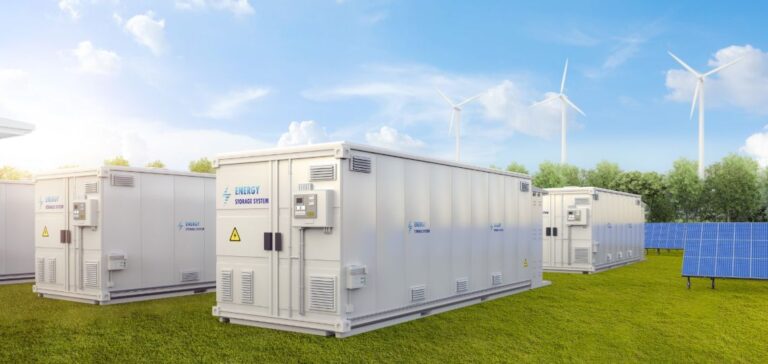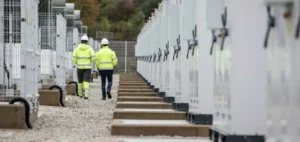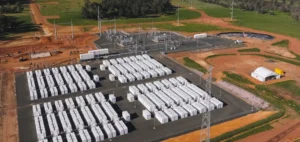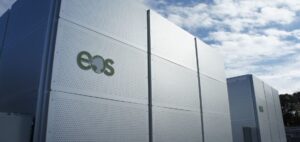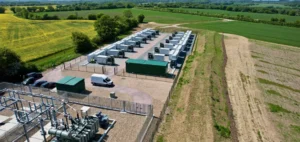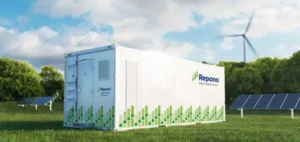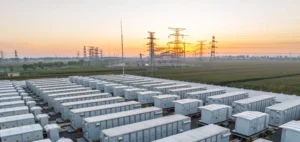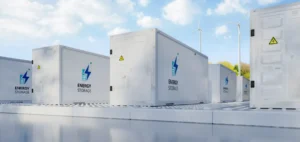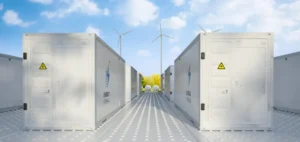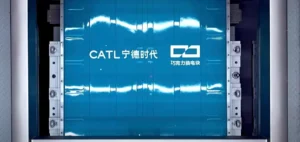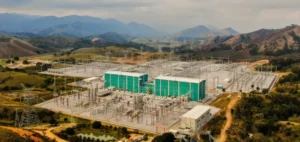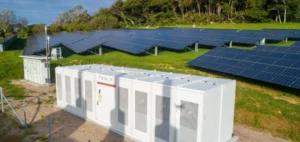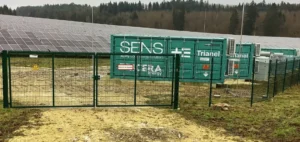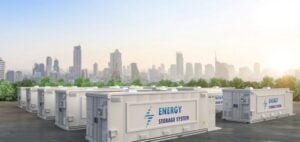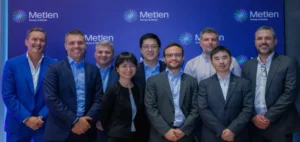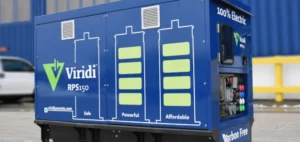Billion Watts Technologies Co., Ltd., a subsidiary of Billion Electric Co., Ltd. (TWSE: 3027), in partnership with Shinshin Credit Corporation, has completed the construction and commissioning of a 64 MW/262.43 MWh energy storage facility in central Taiwan. Officially operational since March, this infrastructure aims to stabilise the electricity grid by optimising the management of production and consumption fluctuations.
Power grid optimisation
Located in a strategic industrial zone, the facility provides essential energy shifting and frequency regulation functions. It participates in Taiwan Power Company’s E-dReg ancillary services market, enabling a rapid response to demand fluctuations. With a response time of 200 milliseconds, the system effectively mitigates frequency variations, helping maintain a stable power supply during peak demand periods.
Infrastructure capacity and security
With a storage capacity sufficient to power approximately 26,000 households per day, the facility plays a crucial role in mitigating the intermittency of renewable energy. The operator has implemented advanced security measures, including firewalls, designated safety distances, dedicated water reserves, automated fire suppression systems, and continuous real-time monitoring. The objective is to minimise risks associated with large-scale battery storage while ensuring compliance with regulatory standards.
Development of energy storage in Taiwan
Taiwan is accelerating the development of storage solutions to support the expansion of renewable energy. In 2024, renewable sources accounted for 11.6% of the country’s total electricity generation, with solar energy representing 44.7%. However, the variability of these sources complicates grid management, prompting authorities to reinforce storage capacities to ensure the stability of the power system. The International Energy Agency highlights the urgent need to expand storage infrastructure to support the energy transition and reduce dependence on fossil fuels.

